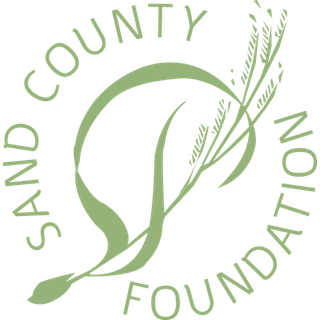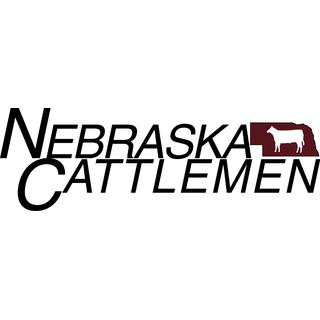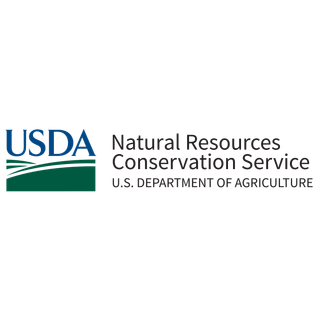Rodney Mathewson started a small farm and cattle ranch near Potter, Nebraska in the 1940s. He passed on his commitment to the health of the natural resources in his care to his son, Randy, and grandson, Beau. Together, with their wives, Gina and Kahla, they managed the ranch until Beau's death in 2019.
The Mathewsons implemented several innovative techniques to manage the land, water, and wildlife on their ranch. The family has used rotational grazing for more than 30 years. Each pasture receives a full season of every third or fourth year. Beau Mathewson recorded photo points, forage composition, and measurement records for 19 sites. These sites are managed through a combination of photography, GPS receiver, and a laptop in the field.
RGM Corporation
In the early 1990s, they expanded their ranch through the purchase of neighboring lands, which were enhanced through effective soil and water management efforts. The family installed over nine miles of pipeline and 20 bottomless tanks, which are hydraulically or electrically controlled to eliminate overflow. They also replaced many inefficient windmills with electric wells so that livestock can have reliable water for the entire grazing season. Through NRCS they installed cross fencing, and have made a concentrated effort to control noxious and invasive weeds.
The Mathewsons increased wildlife habitat by planting thousands of trees and shrubs. Several wildlife watering facilities have been added, and a raptor nesting site.
The family educates others about the importance of land stewardship. They have worked with the University of Nebraska–Lincoln Extension and the Nebraska Grazing Lands Coalition on several field days. Beau was a board member for both organizations. He also assisted with a Cheyenne County leadership program.
In 1998, the Mathewsons received the Grassland Manager of the Year Award from the NRCS and the South Platte Natural Resources District.
“Making a living from the land is ingrained in the Mathewsons, and they realize that to achieve sustainability they must take care of the land, both for themselves and for future users,” said Ron Bolze of the Nebraska Grazing Lands Coalition.








